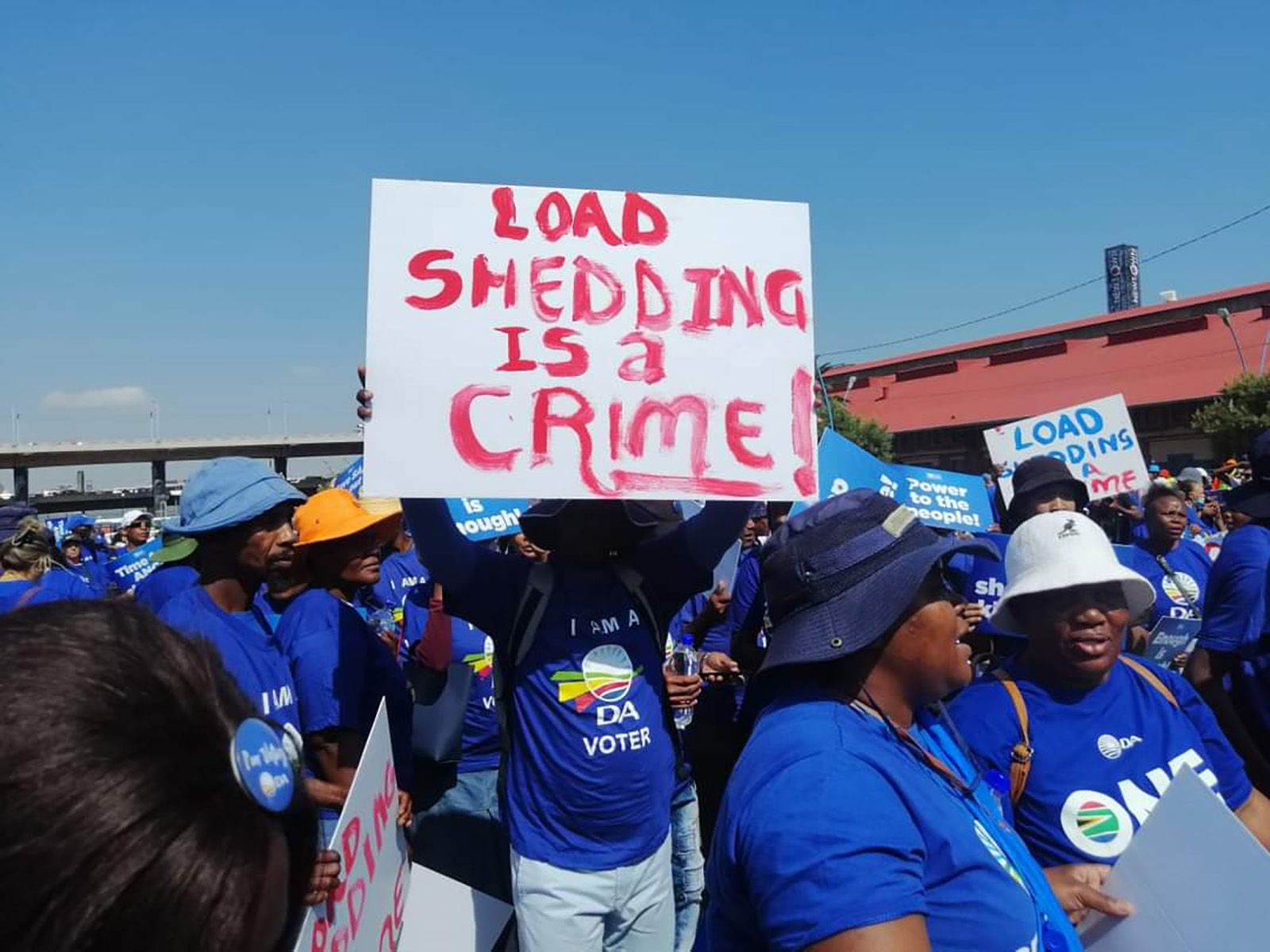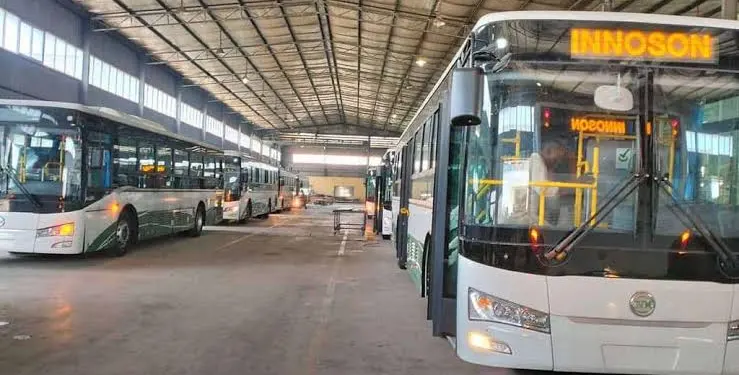For numerous years, South Africa has held its place as the jewel of Sub-Saharan African nations. It boasts of a rich culture, vibrant cities, a bustling nightlife, and perhaps surprisingly, a reputation for dependable electricity. Over the decades, South Africa has consistently impressed, going so far as to export electricity to its neighboring countries such as Mozambique, Lesotho, Swaziland, Namibia, and Botswana.
However, this success story is marred by the growing concern of frequent power outages, locally referred to as “load shedding,” and a sobering declaration by South African President Cyril Ramaphosa, who has officially labelled the nation’s energy crisis as a state of national disaster. A combination of factors including aging and neglected coal power stations, as well as alleged government corruption and mismanagement at state power utility, Eskom, have led to severe power shortages in South Africa that have only intensified over the past year, especially as their major energy source is coal which is being looted daily.

As one of Africa’s most developed economies, the crisis has hit the country hard, with businesses suffering and citizens furious at being plunged into darkness most nights. However, for many solar panels and diesel generator distributors business is booming. In 2022 alone 1,650MW were registered while years before, private energy projects were challenged with restrictions and limitations.
With all of these, there have been talks of South Africa going green, especially with talks on the western countries looking to invest in South Africa’s renewable energy system; but the question on everyone’s mind is – at what cost? Or is South Africa heavily focused on its use of coal?
Following this recent development, there is a compelling need for the review of energy and electricity policies by the South African government, especially adopting strict measures to mitigate coal mining, thereby ensuring energy security. Asides from this, it is important that the South Africa government begin to consider rapid and large scale investment in renewables, storage, balancing power, and electricity peaking support.



